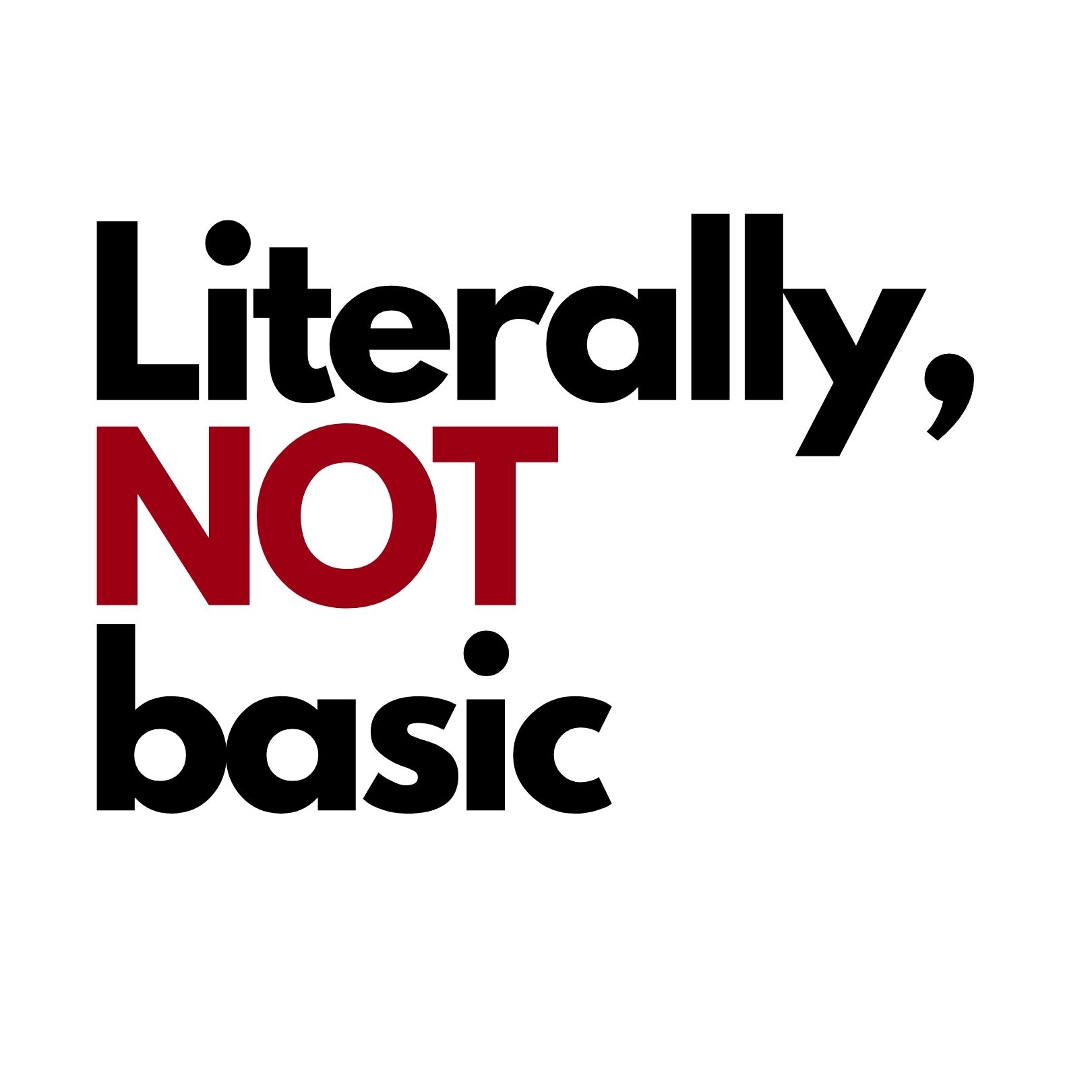
In recent years, the concept of clothing rental has taken the fashion world by storm. From high-end designer pieces to everyday wear, the idea of renting clothes instead of buying them promised to revolutionize the way consumers approach fashion. Yet, despite the initial buzz and apparent potential, many clothing rental companies have struggled to survive, with some even shuttering their doors for good. So, why do so many clothing rental companies fail? Here’s a look at the most common reasons behind their downfall.
1. High Operational Costs
Managing a clothing rental business is inherently expensive. Companies must continually purchase new inventory to keep up with fashion trends while also covering costs related to cleaning, repairing, and maintaining the rented pieces. Unlike traditional retail, where the cost of goods sold is recouped after a single sale, rental items must withstand multiple wears and washes, leading to inevitable wear and tear. This means companies are constantly replacing items, which significantly cuts into profits.
2. Logistical Challenges
The logistics of a rental business can be overwhelming. Efficiently managing the process of sending, receiving, cleaning, and maintaining garments is a massive undertaking. Any disruptions in this cycle can lead to unhappy customers, delays, or inventory shortages. Additionally, the logistics of tracking each piece’s usage and condition can be complex, often requiring advanced (and costly) technology systems.
3. Consumer Reluctance
While the idea of renting high-end fashion is appealing to some, many consumers are hesitant about wearing clothes that others have already used. Concerns about hygiene and the perceived value of ownership still prevail. Despite efforts to ensure thorough cleaning, the perception of secondhand use can deter a significant portion of potential customers.
4. Difficulties in Achieving Brand Loyalty
Many rental companies fail to build strong brand loyalty. Consumers often hop between platforms to find the best deals or the most trendy pieces. Unlike traditional fashion brands that cultivate a sense of identity, rental services struggle to maintain consistent customer engagement. Furthermore, some users see rentals as purely transactional rather than forming an emotional connection to a brand.
5. Changing Market Dynamics
The initial surge in rental services was partly driven by increased awareness of sustainable fashion. However, as resale platforms like Depop, Vinted, and The RealReal gained popularity, they offered a more permanent and financially appealing alternative to renting. Consumers increasingly prefer to buy secondhand, which allows them to recoup costs through resale rather than simply borrowing.
6. Pandemic and Hygiene Concerns
The COVID-19 pandemic had a devastating impact on the rental fashion industry. As events and gatherings were canceled, demand for rental clothing plummeted. Additionally, heightened awareness of hygiene made the concept of shared clothing even less appealing. While some companies pivoted to offer loungewear or casual outfits, the fundamental appeal of rentals — access to glamorous, event-specific attire — was severely compromised.
7. Subscription Fatigue
Many rental companies rely on subscription models, but as more businesses adopt this approach, consumers experience subscription fatigue. Faced with countless monthly fees from streaming services, fitness apps, and meal kits, adding another subscription for clothes feels excessive to many. As a result, rental companies face high churn rates and struggle to maintain consistent revenue.
Plus really, how many times have we all gone to a clothing website that rents the designer fits and found …. NOTHING . Most of the stock is TIRED , old , not even trendy. And if u do find a cool piece the price is gonna be HIGH for a rental ! For example i saw a Givenchy coat at 300 USD to rent for 3 days . If i rent a dress the week after thats another 150-400 USD . For me its way way more convenient to just buy . If budgets are tight just WAIT for the sales and clearances or go to RealReal they have an epic selection. Just keep in mind that when u shop from europe , u will pay pretty crazy charges .
So,
While clothing rental seemed poised to revolutionize fashion consumption, the reality is far more complex. High operational costs, logistical difficulties, consumer hesitance, and changing market preferences have all contributed to the struggles faced by many companies in this space. As the fashion industry continues to evolve, rental businesses must rethink their models to remain relevant and sustainable in the long term.
P.S you NEED to subscribe to our editor in chief’s YouTube channel its epic for everyone who LOVES TRUE luxury, high end fashion , luxury fashion hauls , luxury daily vlogs and travel. Oh and she designs for the top celebrities and has THE tea . 😉






